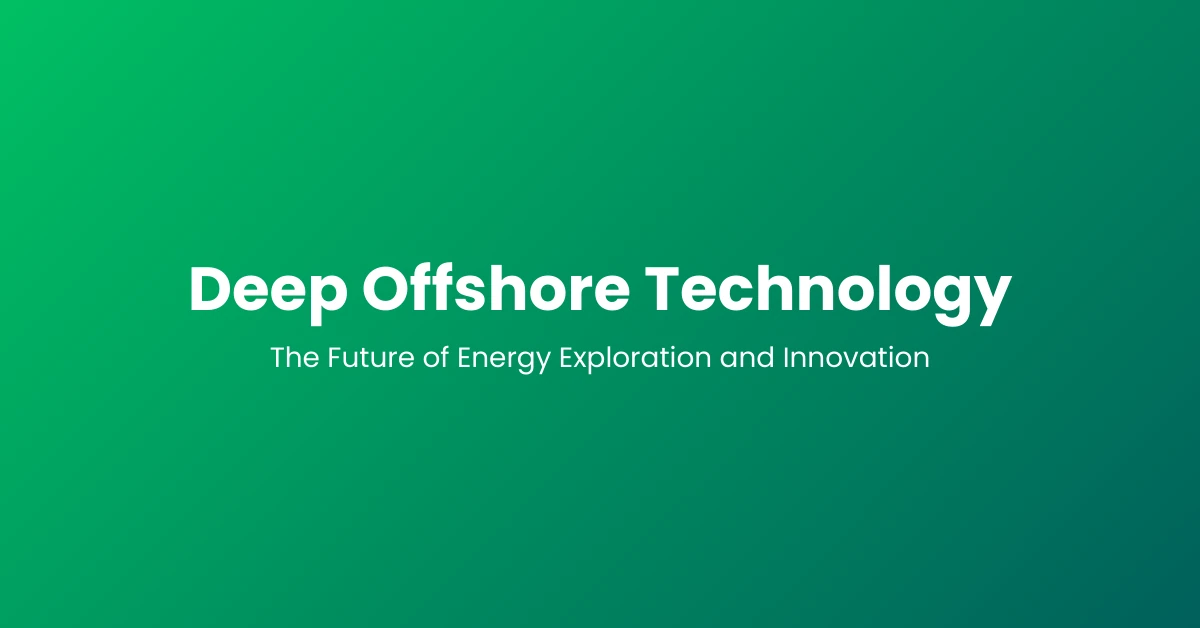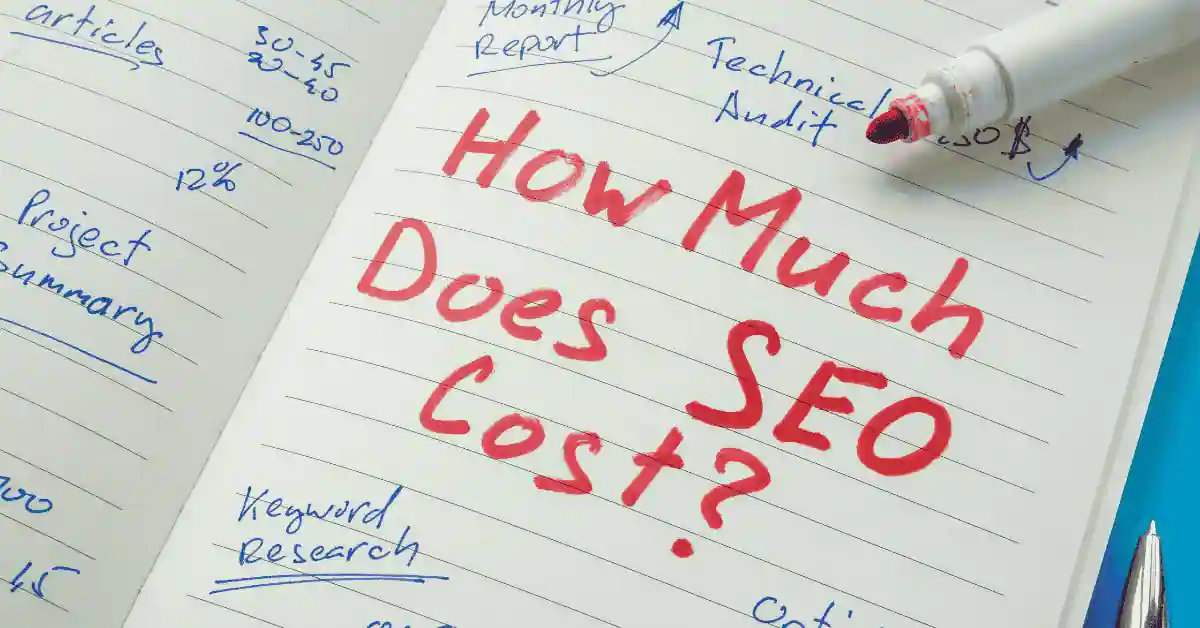AI Trends 2025: Shaping the Future of Technology and Society
AI Trends 2025: Shaping the Future of Technology and Society
Artificial Intelligence (AI) is no longer a futuristic concept—it’s a present reality shaping almost every industry, from healthcare and finance to marketing and entertainment. As we step into 2025, AI is expected to become even more deeply integrated into our personal and professional lives. Businesses, governments, and individuals are all preparing for an era where AI won’t just be an assistant but a core driver of innovation, growth, and decision-making.AI Trends 2025
The year 2025 is significant because AI is reaching maturity. Tools like ChatGPT, MidJourney, and DALL·E were just the beginning of generative AI. Now, entire enterprises are restructuring their workflows to include AI at the heart of their operations. From ethical debates to real-world implementations, AI trends in 2025 reveal not only how far we’ve come but also how carefully we must move forward.
In this article, we’ll explore the top AI trends in 2025, covering its impact on business, healthcare, education, security, and beyond. We’ll also touch on the ethical challenges and opportunities that come with this technological wave.
Introduction – Why 2025 is a Defining Year for AI
AI Trends 2025: Shaping the Future of Technology and Society
Why does 2025 matter so much in the AI timeline? The answer lies in the perfect storm of technological growth and societal demand. Over the past few years, AI tools exploded in popularity, from ChatGPT crossing 100 million users within months to companies adopting AI for customer service, fraud detection, and logistics. But 2025 marks a shift from experimentation to full-scale adoption.
Three reasons make 2025 a turning point:
-
Widespread Integration: Unlike 2020–2023, where AI was mainly about early adoption, in 2025, businesses are embedding AI into core business models rather than treating it as a side project.
-
Regulatory Milestones: Governments across the world are introducing AI regulations to address bias, misinformation, and privacy. Europe’s AI Act and similar initiatives in the U.S. and Asia are shaping how AI will operate globally.
-
Human-AI Collaboration: Instead of AI replacing jobs outright, the focus in 2025 is shifting toward collaboration—humans and AI working together. This redefines productivity and creativity in ways we’ve never seen before.
Think of 2025 as the iPhone moment for AI. Just like smartphones transformed communication in the 2010s, AI is now poised to redefine industries in the mid-2020s.
The Evolution of Artificial Intelligence (AI) in the Last Decade
From Narrow AI to Generative AI
If we look back at the last ten years, AI’s journey has been nothing short of revolutionary. In the early 2010s, AI was mostly “narrow”—designed for specific tasks like recommending products on Amazon or powering voice assistants like Siri and Alexa. These were impressive but limited.
Fast forward to 2023–2024, generative AI emerged as the biggest leap. Now AI could create new content—writing essays, generating art, producing code, and even composing music. Tools like ChatGPT became household names, sparking global debates about creativity, plagiarism, and authenticity.
Generative AI didn’t just change industries—it redefined how humans interact with technology. Suddenly, anyone could use AI without technical expertise. That democratization is what set the stage for the AI boom of 2025.
Key Breakthroughs That Brought AI to 2025
Several milestones accelerated AI’s rise:
-
Advances in deep learning and large language models (LLMs): These enabled AI to understand and generate human-like language.
-
Cheaper cloud computing: Making AI tools more accessible to startups and individuals.
-
Open-source AI projects: Hugging Face, Stable Diffusion, and other platforms democratized access to powerful AI.
-
Corporate adoption: Companies like Microsoft, Google, and Meta invested billions, embedding AI into productivity tools and search engines.
By 2025, these breakthroughs converged, leading to AI being used not just as a tool, but as an ecosystem—an integral part of how industries operate.
Trend #1 – Generative AI Becomes Mainstream
Generative AI is no longer just a buzzword—it’s now mainstream technology. By 2025, companies of all sizes are using it for content creation, customer interaction, design, and even legal document drafting.
From ChatGPT to Enterprise Adoption
Initially, generative AI tools were popular among individuals and small businesses. Writers used them for drafting content, students for brainstorming ideas, and designers for creating visuals. But in 2025, the shift is toward enterprise-level adoption.
For example:
-
Marketing teams use AI to create campaign drafts, social media posts, and personalized ads.
-
Legal firms employ AI to review contracts faster than human teams.
-
Software developers integrate AI-powered coding assistants to reduce errors and accelerate product launches.
AI is no longer “optional”—it’s becoming a competitive necessity. Companies that fail to adopt AI risk falling behind competitors who can deliver faster, cheaper, and more personalized experiences.
Creative Industries Powered by AI
The creative sector has been one of the most visibly transformed. AI-generated art, music, and films are no longer experimental—they’re commercial. By 2025:
-
Filmmakers are using AI to create storyboards and even special effects.
-
Musicians collaborate with AI to produce new sounds and compositions.
-
Content creators rely on AI to scale up their production without sacrificing quality.
Of course, this raises questions about originality, copyright, and ethics. But what’s undeniable is that generative AI is now woven into the fabric of creativity, empowering people who previously lacked resources to express themselves.
Trend #2 – AI in Healthcare Transformation
One of the most impactful areas of AI in 2025 is healthcare. With the global pandemic highlighting the importance of medical innovation, AI is now stepping in to revolutionize diagnostics, treatments, and patient care.
AI in Early Disease Detection and Diagnosis
AI-powered medical tools can now analyze medical scans, blood tests, and genetic data with accuracy levels often exceeding human doctors. For example:
-
AI systems detect early signs of cancer in imaging results.
-
Algorithms predict the likelihood of heart disease before symptoms appear.
-
Machine learning models help in identifying rare diseases faster.
This not only saves lives but also reduces healthcare costs, as diseases can be treated earlier and more effectively.
AI-Powered Personalized Medicine
Personalized medicine is another frontier. Instead of a “one-size-fits-all” approach, AI analyzes patient data—genetics, lifestyle, and medical history—to recommend tailored treatment plans.
Imagine a future where:
-
A diabetic patient gets a customized diet and insulin plan based on their personal health data.
-
Cancer treatment adapts dynamically to how a patient responds to therapy.
-
Wearable devices connected with AI provide real-time health monitoring and alerts.
By 2025, healthcare isn’t just reactive—it’s becoming predictive and preventive, thanks to AI.
Trend #3 – AI-Powered Cybersecurity Solutions
As AI evolves, so do cyber threats. In 2025, hackers are also using AI to launch sophisticated attacks. That’s why AI-powered cybersecurity is a top trend.
Predicting and Preventing Cyberattacks
Traditional security systems work on detection after the fact. But AI-powered cybersecurity focuses on prediction and prevention. Machine learning models monitor huge volumes of data, identify anomalies, and stop threats before they cause damage.
For instance:
-
Banks use AI to flag fraudulent transactions in real time.
-
Businesses detect phishing attempts before employees even see them.
-
Governments protect critical infrastructure with AI-driven monitoring systems.
The Role of AI in Digital Trust and Privacy
Privacy concerns are at an all-time high in 2025. AI doesn’t just protect against hackers—it also safeguards personal data. Techniques like federated learning ensure that AI systems can learn without exposing sensitive information.
At the same time, companies are under pressure to use AI ethically. Building digital trust is now as important as protecting data itself. Organizations that use AI responsibly gain a competitive advantage in consumer confidence.





